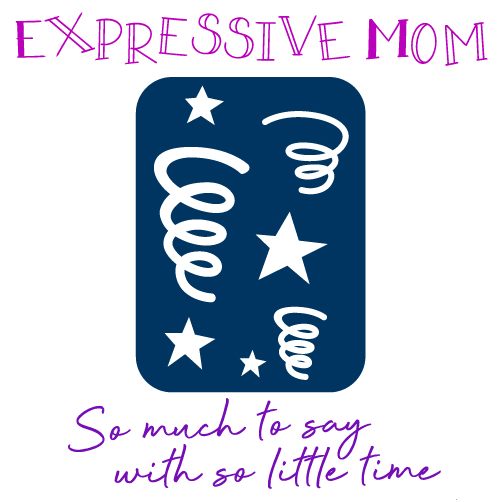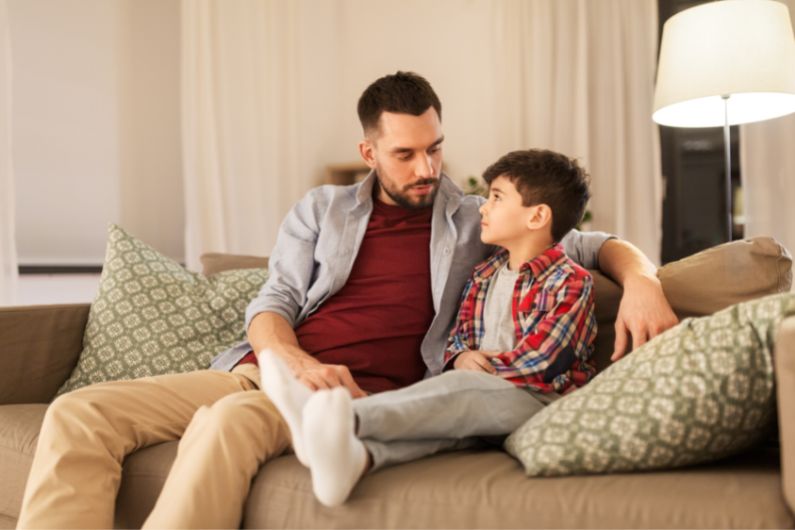Children thrive off routine and stability and need consistency to feel safe and secure. Unfortunately, a divorce can call a child’s sense of stability into question, making them feel uneasy and insecure. Even if a child is relieved to see tension begin to dissolve through separation, these feelings can still occur. If the thought of this makes you anxious, don’t panic! There are things you can do to support your child during a divorce that can safeguard their sense of stability and overall well-being.
Listen to and Respect Your Child’s Feelings
There’s no real way to predict how your child will feel during your divorce, and they may experience a combination of relief, anxiety, anger, resentment, and guilt. They may also begin to display symptoms of regression, behavioral issues, or trouble focusing. What you can do, regardless of how they feel or the behaviors that they display, is to encourage them to talk about their feelings and listen more than you speak. They’re going to have big feelings and not know how to properly word or express them. As a parent, you need to be able to reassure them that they’re loved, validate how they feel, and not take what they say personally.
Do Not Fight or Speak Poorly of One Another
Undoubtedly, tensions will be high, especially if the relationship was one of high conflict. It may be tempting to argue, glare, or say bad things about one another, but you should never do this in front of your children. Doing so can cause feelings of confusion and anxiety, so you should avoid putting them in the middle in any way. This includes physical and verbal altercations, saying bad things about your ex-partner to your child, or having them relay messages between the two of you.
Consider Co-Parenting
Co-parenting isn’t easy, but it’s one of the best ways to support your child during a divorce. With both parents in their lives, showing interest, and making an effort to be there, this time of their life will feel like much less of a free fall. Communicating with each other, being polite, and doing family activities together lets your child know that you’re both still there for them and still love them. If the relationship is stable and respectful enough, engaging in joint custody can also benefit your child in this way. While you may not be a couple anymore, you’re both still parents.
Ultimately, you should try your best to keep their routines intact and show them as much as you can, and as often as you can, just how much you and your ex-partner still loves them.



Connect With Me !